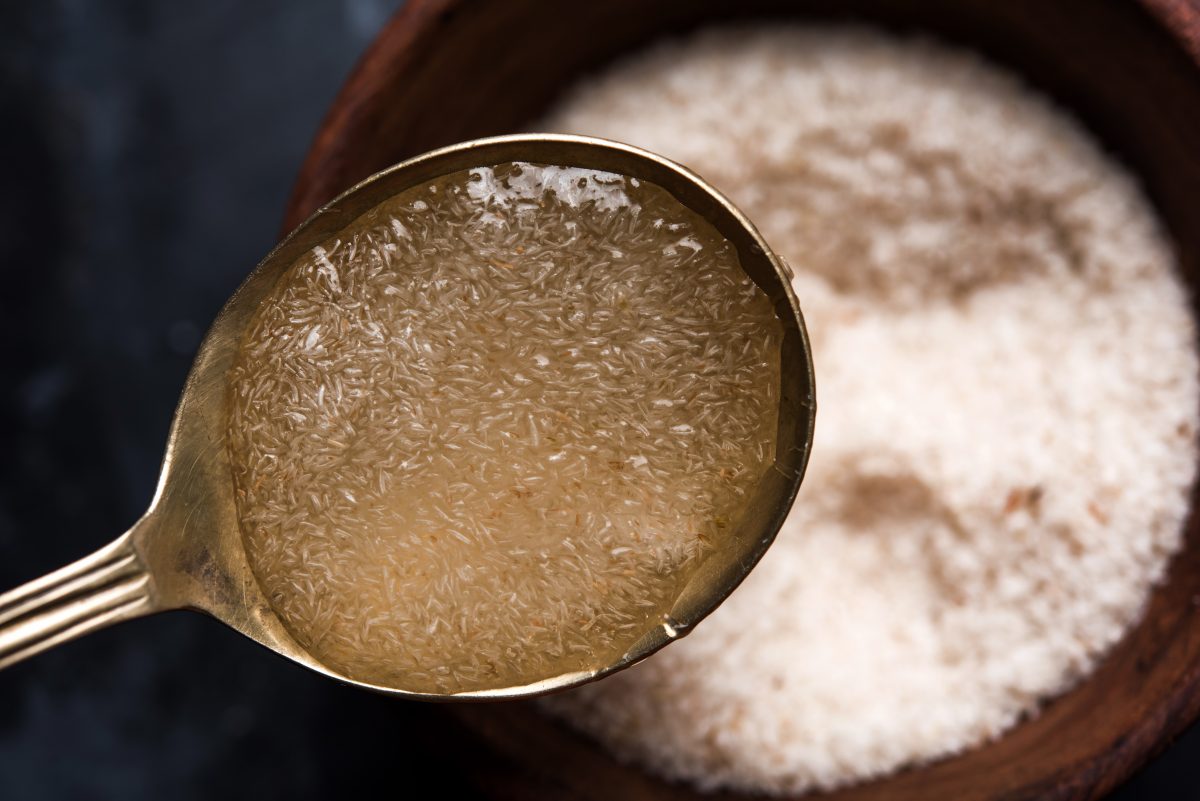What is Metamucil (psyllium husk) and can it help with IBS- diarrhea?
- Supplements
You may have heard of using Metamucil for diarrhea or constipation.
This article will discuss what Metamucil is, how it works, how it should be taken, possible side effects, and alternative stool-bulking agents.
This post is for general information and interest only; it does not provide medical advice. Please seek advice from your doctor. Please note we receive no financial benefit from the brands discussed in the post.

What is Metamucil?
Metamucil is a brand of bulk-forming soluble fiber supplement. The main ingredient in Metamucil is psyllium husk (also known as ispaghula husk) made from the Plantago ovata plant (1).
Metamucil is available over-the-counter in capsule, granule, liquid, and powdered forms (2).
Alternative brands of psyllium husk include:
- Fiberall
- Fybogel
- Hydrocil
- Konysl
- Laxmar
- Perdiem Fiber
How to use Metamucil for diarrhea
Psyllium husk, the main ingredient in Metamucil, is able to soak up and retain water. This action happens in your gut, which can make your stools bulkier and more formed.
If you typically suffer from diarrhea, bulking your stools will help slow down the speed at which the stool moves through your gut.
When and how should you take Metamucil for diarrhea?
Metamucil typically takes 2-3 days to work, and it should not be taken before bed (3). You should always follow the manufacturer’s instructions on how to take it.
The British Society of Gastroenterology advises beginning at a small dose (3 – 4 g/day) and gradually increasing to the recommended amount on the label to avoid bloating (4).
You should always take Metamucil or other psyllium husk supplements with a 240ml glass of water.
This is because it relies on the action of water to work properly, and without it, it could even result in choking in extreme cases (5).
If using the powdered form, you can sprinkle Metamucil into soups, sauces, yoghurts, smoothies, and cereals or even use it in the place of eggs and flour in baked goods
Using Metamucil for IBS symptoms
Psyllium husk, the main ingredient in Metamucil, can also relieve abdominal pain and discomfort in some people with IBS (6).
A study has shown that participants receiving 10g of psyllium per day has significantly reduced the severity of IBS symptoms such as abdominal pain. Bowel habits were also improved in just a week (7).
Are there any side effects of taking Metamucil for diarrhea?
Common side effects of Metamucil (and psyllium husk in general) can include (8):
- Abdominal pain and cramps
- Bloating
- Changes in bowel habits
You can help reduce these side effects by increasing your dosage gradually. Ensuring to drink plenty of fluids while taking Metamucil can also help ease side effects.
Speak to your doctor immediately if any side effects persist or worsen.
Psyllium can decrease or delay the absorption of certain medications, possibly making them less effective. This means that you should take it 2 hours apart from your other medications (9, 10).
There are some other less common side effects, which you can get from the manufacturer’s website.
Alternative stool bulking agents
There are other high-fiber stool bulking agents that can be introduced into your diet, such as:
- Oats
- Beans
- Chia seeds
- Low FODMAP fruits and vegetables
Citrucel (Methylcellulose) is another medication that functions the same as Metamucil due to its psyllium husk content (16).
An alternative to fiber supplements to manage diarrhea includes antidiarrheal medications.
You can read more about the management of IBS-D here.
Summary
Metamucil is a fiber supplement containing psyllium husk, which can relieve IBS symptoms, including constipation and diarrhea.
Remember that IBS is multifactorial, so working with a Registered Dietitian can be helpful in figuring out which management techniques work for you.
Written by Leeona Lam MSc, ANutr and reviewed by Kirsten Jackson BSc Hons RD